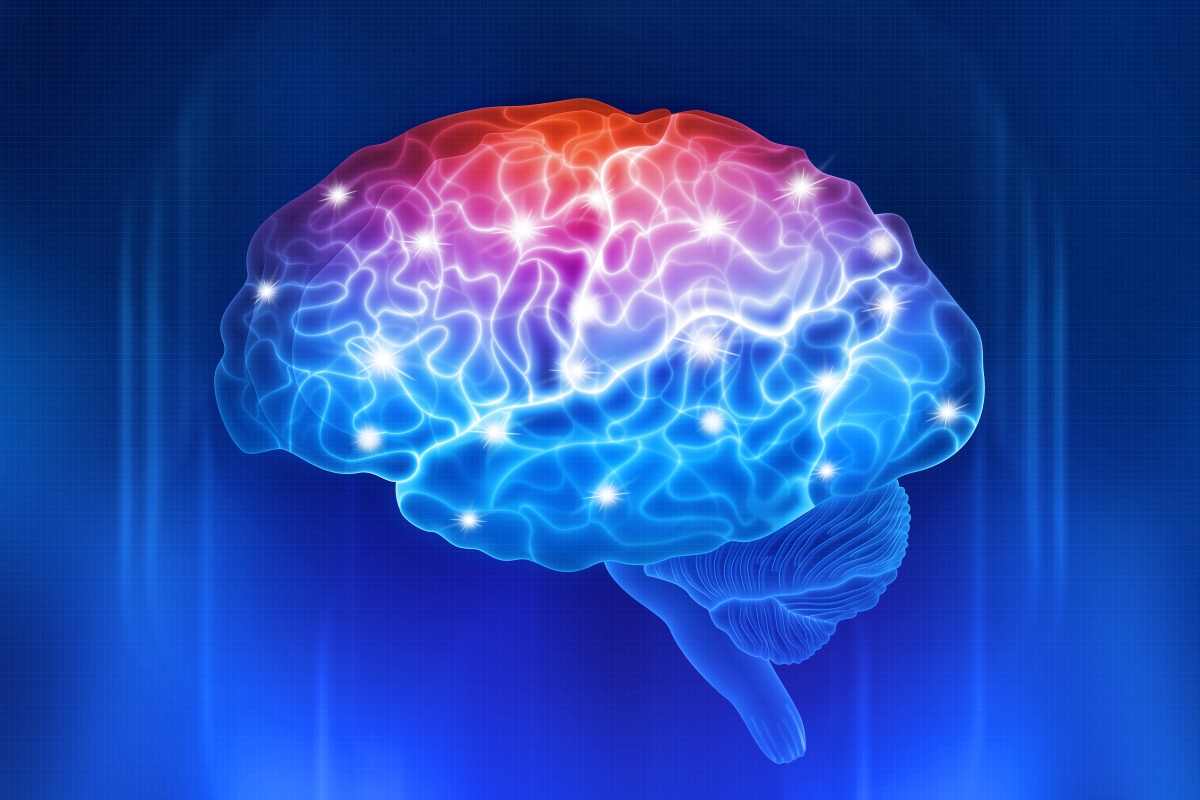Association of long-term diet quality with hippocampal volume: longitudinal cohort study
Since few human studies had explored the brain structures potentially affected by long-term diet quality, Akbaraly et al. (2018) tested whether there is an association between cumulative average Alternative Healthy Eating Index 2010 (AHEI-2010) score during adult life, with hippocampal volume. The researchers gathered data on the 459 participants of the Whitehall II imaging sub-study (average age 59.6) including structural images of the brain obtained from the multimodal magnetic resonance imaging examination performed at the end of the follow-up. The results showed an increase of 92.5 mm3 (standard error = 42.0 mm3) in total hippocampal volume for each 1 SD (SD = 8.7 points) increment in AHEI-2010 score. Higher AHEI-2010 cumulative average score was associated with a larger total hippocampal volume among the sample population. This association was independent of sociodemographic factors, smoking habits, physical activity, cardiometabolic health factors, cognitive impairment, and depressive symptoms, and was more pronounced in the left hippocampus than in the right hippocampus. Interestingly, one of the AHEI-2010 components that was independently associated with larger hippocampal volume was no or light alcohol consumption. Given the importance of hippocampal structures in several neuropsychiatric diseases, Akbaraly et al. (2018) have reaffirmed the necessity to take into account adherence to healthy dietary recommendation in multi-interventional programs to promote healthy brain aging. [NPID: brain, hippocampus, alcohol]
Year: 2018
 Navigation
Navigation






